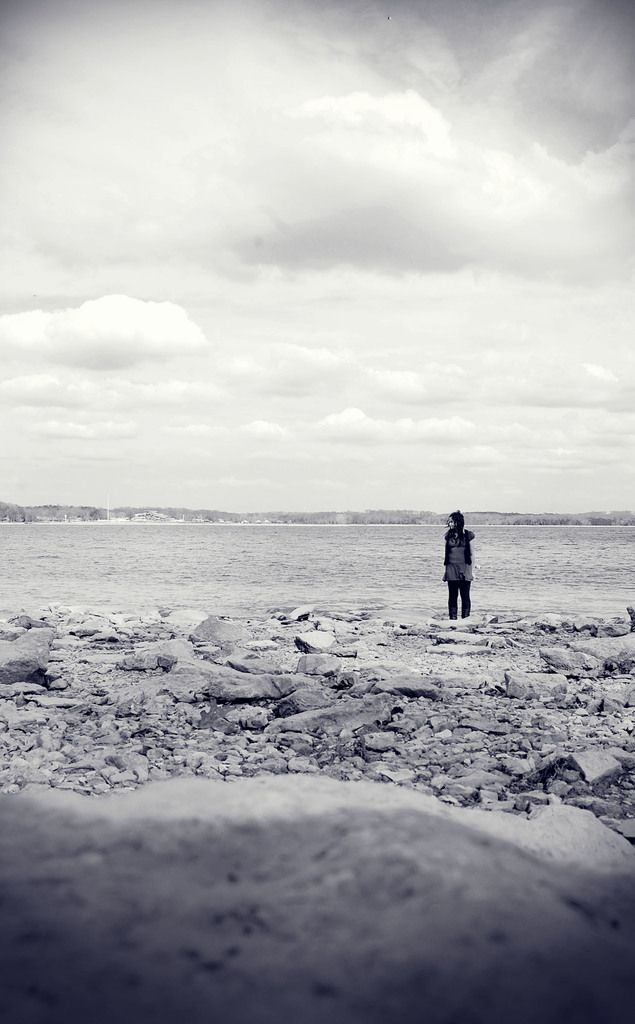Psychedelic Substances Found to Trigger Less Intensive Post-Traumatic Stress Disorder
In an eye-opening real-world study, researchers from Reichman University and other Israeli institutions delved into the psychological aftermath of the devastating terrorist attack at the Nova Music Festival in southern Israel. The shocking event, which took place on October 7, 2023, left nearly 400 people dead and hundreds more physically and mentally scarred.
Three weeks after the massacre, the researchers interviewed 343 survivors aged 18-64, assessing their mental well-being, the substances they consumed before and during the festival, and the impact these substances may have had on their response to trauma.
As the conversation around post-traumatic stress disorder (PTSD) and anxiety following exposure to war and terrorism becomes increasingly pressing, scientists grapple with limited understanding about the underlying brain mechanisms that give rise to these psychological conditions. Primarily, existing knowledge in the field relies heavily on animal models and laboratory simulations rather than on direct evidence from humans who have experienced extreme traumatic events – especially those under the influence of mind-altering substances.
The Nova Festival study offers a unique and unprecedented look at how trauma and psychedelics intersect in a real-world situation. The results demonstrate that survivors who had used classic psychedelics like hallucinogenic mushrooms (psilocybin), LSD, mescaline, or 2C-B reported significantly lower levels of anxiety and post-traumatic symptoms compared to those who had not used psychedelics or who had consumed other substances, such as MDMA, cannabis, or alcohol. These findings held up even when researchers accounted for factors such as age, gender, previous psychiatric history, and prior psychedelic use.
Dr. Zohar Rubinstein of the Baruch Ivcher School of Psychology at Reichman University noted that the study represented a "powerful example of the simultaneous exposure of almost 4,000 people to a traumatic event on a massive scale" and that the survivors' willingness to participate in the research during such a difficult time allowed the team to examine the effects of psychedelics at an early stage of symptom onset.
While the average anxiety symptom score across the entire sample was 1.90, it dropped to 1.38 among the survivors who had taken classic psychedelics. These results offer clinical importance, shedding light on the differing effects of various substances and contributing to our understanding of how traumatic memories are formed and retained.
Such understanding, in turn, could one day improve treatment and even prevent the development of PTSD. Prof. Rany Abend of the Baruch Ivcher School of Psychology at Reichman University explained that the study provided "a unique glimpse into how mind-altering substances affect the formation of trauma, based on personal experiences."
However, the authors caution that these findings should not be interpreted as a call for recreational or unsupervised use of psychedelics. Rather, the team emphasizes the need for further investigation into the underlying mechanisms and the therapeutic potential of supervised psychedelic use within integrated psychological treatment settings.
In essence, this groundbreaking study expands and strengthens an already growing body of research regarding the potential therapeutic benefits of classic psychedelics in the context of trauma symptom management. By exploring the unique real-world context of the Nova Music Festival, researchers have uncovered insights that will likely guide future research and clinical practice in this critical and emerging field.
- The novel study on the Nova Music Festival's psychological aftermath, conducted by researchers from Reichman University and other Israeli institutions, sheds light on the impact of classic psychedelics on mental health following trauma.
- Survivors who had used substances like hallucinogenic mushrooms, LSD, mescaline, or 2C-B reported lower levels of anxiety and post-traumatic symptoms compared to those who did not use psychedelics or consumed other substances.
- The results of this research offer clinical significance, contributing to our comprehension of how traumatic memories are formed and retained in the brain.
- Despite the promising findings, the authors of the study advise against interpreting their results as a promotion for recreational or unsupervised psychedelic use.
- Instead, they emphasize the importance of further research into the underlying mechanisms and therapeutic potential of supervised psychedelic use within integrated psychological treatment settings.
- This groundbreaking study adds valuable evidence to the expanding body of research surrounding the potential therapeutic benefits of classic psychedelics in managing trauma symptoms.







